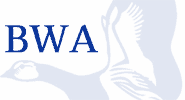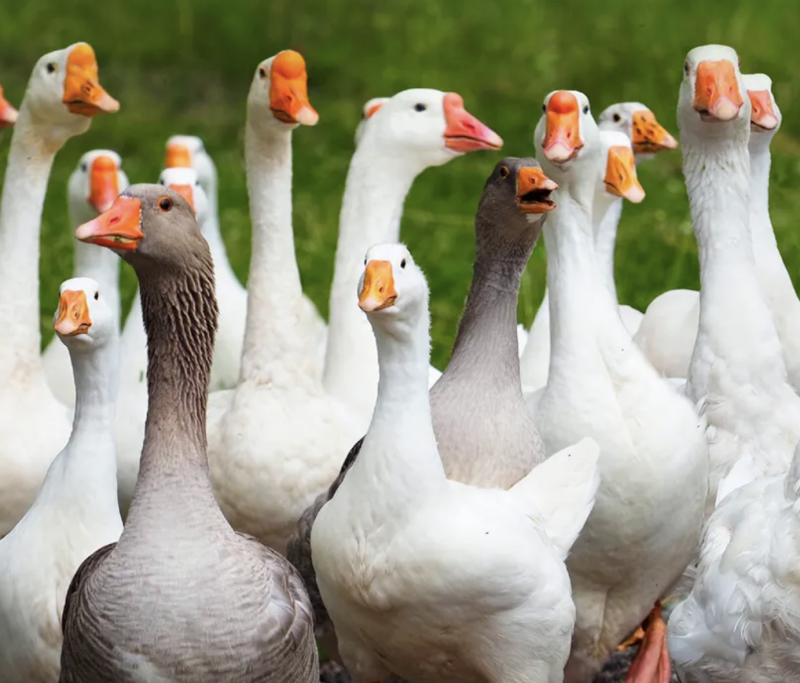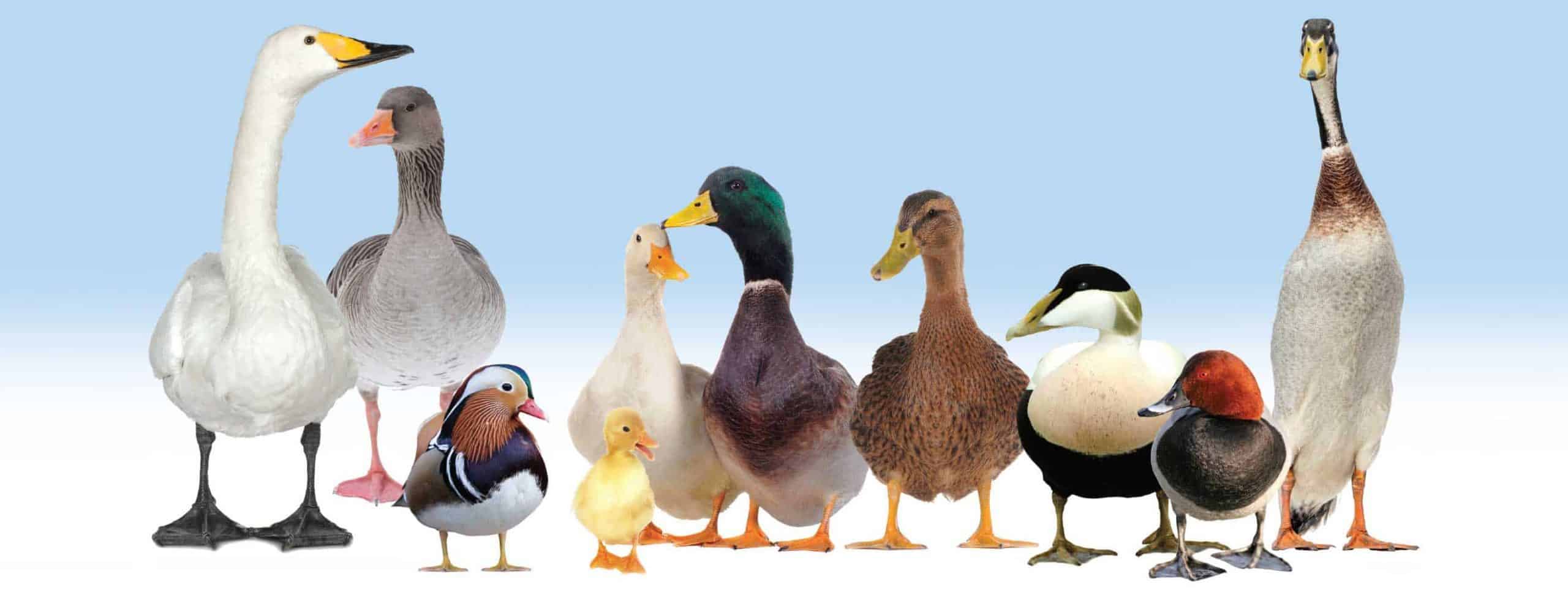A second UK region is now subject to mandatory enhanced biosecurity measures. Today at noon, Norfolk, Suffolk and parts of Essex became and Avian Influenza Prevention Zone (AIPZ). This means that it is a legal requirement for bird keepers to follow strict biosecurity measures to protect their birds. Earlier this month, although the restrictions over the whole UK were lifted in August, Cornwall, Devon, Isles of Scilly and part of Somerset became an AIPZ.
https://www.gov.uk/guidance/avian-influenza-bird-flu#AIPZ
Minimum biosecurity measures applying to all keepers
Any keeper of poultry (including game birds and pet birds) or other captive birds, irrespective of how they are kept, must take appropriate and practicable steps, that can be demonstrated to an inspector on request, to ensure that precautions are taken to avoid the transfer of virus contamination between premises, including cleansing and disinfection of equipment, vehicles, and footwear. Where there are more than 50 poultry or other captive birds, place foot dip containing Defra- approved poultry disinfectant at the correct dilution rate at strategic points including at the entry and exit of all houses or outdoor areas where birds are kept, and footwear must be cleaned using the dips on entry and exit or alternatively disposable over- shoes or footwear should be changed when moving between bird and non-bird areas;
feed, water and bedding are stored undercover, and steps are taken to prevent access by wild birds and to minimise the risk of virus contamination;
ducks and geese should not be kept in the same pen or building as other poultry species;
there is no direct contact with poultry or other captive birds on other neighbouring premises;
effective vermin control is carried out in any part of the premises where poultry or other captive birds are kept;
the movement of people (other than in a zoo), vehicles or equipment to and from the part of the premises where poultry and other captive birds are kept is reduced to only essential movements for looking after their welfare, collecting eggs and feeding or movements for official or inspection visits;
records are kept (other than in a zoo) of all vehicles that enter any part of the premises where poultry and other captive birds are kept and of all people who come into any direct contact with the poultry.
records of all poultry, captive birds and egg movements must be kept and made available to an inspector or veterinary inspector on demand. Records should include:
the quantity and description (including species of bird or type of egg) transported or marketed;
the date of the movement off the premises; the premises of destination (if known);
the name and address of the person to whom ownership or possession is being or has been transferred;
records of all poultry and other captive bird deaths and disposal must be kept and made available to an inspector or veterinary inspector on demand. Records should include:
- date of death and any clinical signs;
- date of disposal and location of animal by-product disposal facilitybird keepers must immediately report to the Animal and Plant Health Agency any increased morbidity or mortality or significant drop in egg production or, where relevant, feed or water intake, or other relevant information relating to the production of eggs on the premises.buildings that house the birds are maintained and any defects that allow water ingress or other contamination to enter the building are rectified without undue delay.
Where birds are not housed, all poultry or other captive birds must be kept in fenced / enclosed outdoor areas subject to the following conditions –
- (a) other than in zoos, access to open or permanent standing water must be prevented by fencing off and where possible netting ponds, standing water, or waterlogged land to prevent access by poultry or other captive birds;
- (b) feed and water must be provided under cover where wild birds cannot gain access;
- (c) any carcases of wild birds are removed from buildings and from the outdoor fenced range area where poultry and other captive birds have access;
- (d) there is regular cleaning and disinfecting of all concrete walkways, paths and similar surfaces to which poultry or other captive birds or wild birds have access.
- (e) the range area is regularly inspected to ensure it is not contaminated with feathers or faecal material from wild birds and reasonable steps are taken to remove such contamination that may be present as soon as is practicable;
- (f) before placing any new structures or enclosures on land for the purpose of keeping poultry or other captive birds outdoors, the keeper must arrange for the inspection of the relevant site for feathers and faecal matter from wild birds and, if such material is discovered, remove such material;
- (g) measures are taken to discourage wild birds (in particular gulls, wild pheasants and wild waterfowl) from entering the outdoor range area and that wild birds are not attracted to the vicinity of the outdoor range area,
- (h) measures are in place to ensure that wild birds are not attracted to areas under the control of the keeper, in the vicinity of the outdoor area, in particular to watercourses, reservoirs, ponds or other standing water;
- (i) proactive measures (for example, bird scarers, foils, streamers) must be taken to discourage wild birds, (in particular gulls, wild pheasants and wild waterfowl), from entering the fenced outdoor areas or congregating in the vicinity of the outdoor range area, in particular to open or standing water;
- (j) there is regular inspection of the site and consideration that these conditions continue to be met, minimising the risk of contact with wild birds.



